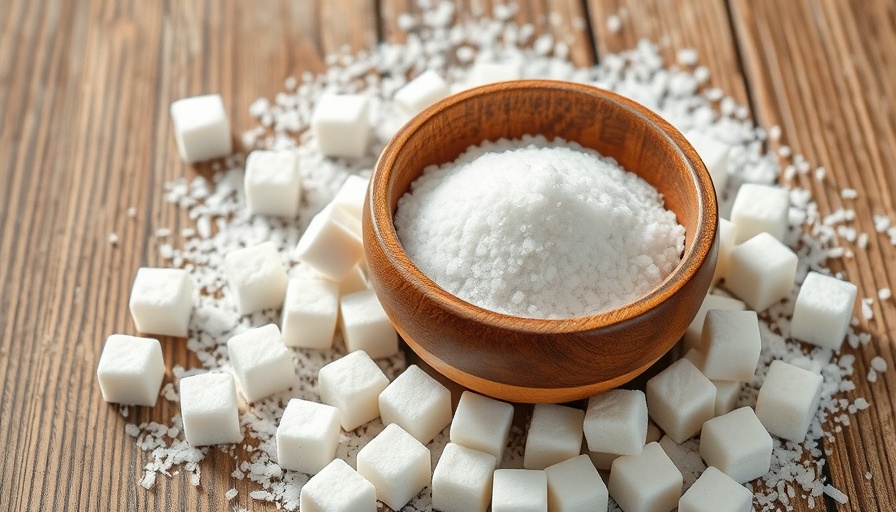
Understanding the Sobering Reality of Alcohol Consumption
In a society where the glass is ever full, the dark truth about alcohol consumption is often masked by social norms and casual gatherings. Recent studies reveal that alcohol-related liver disease diagnoses have more than doubled over the last two decades, with shockingly high rates among women. This article aims to shed light on the harsh realities of heavy drinking while exploring its implications on health and relationships.
The Heavy Drinking Epidemic: A Cultural Shift
Heavy drinking, defined as consuming over 10 drinks per week for women and 15 for men, has alarmingly become the new standard. As Dr. Brian P. Lee points out, many are surprised to learn what constitutes heavy drinking, reflecting a concerning normalization of excessive consumption. While society may celebrate this behavior, it is contributing to severe health consequences, particularly among women who experience faster liver damage due to physiological differences.
Women at Higher Risk: Unpacking the Statistics
Biological factors place women at a significant disadvantage when it comes to the impacts of alcohol. With lower water weight and higher body fat percentages, women metabolize alcohol more slowly, leading to higher toxicity with lower intake. While Dr. Sammy Saab warns of irreversible liver damage appearing among younger women, the social pressures to drink amplify these risks.
Responsible Drinking and Mental Health
Many women turn to alcohol as a stress relief, a phenomenon popularly dubbed 'wine mom' culture. This trend reinforces the idea that drinking is a reward for a hard day’s work. However, this mindset can quickly spiral into dependency, all while marketing strategies promote the idea that drinking is entirely harmless. It’s essential to shift this narrative towards healthy outlets for stress management that don’t involve alcohol.
Steps Toward Healing: The Power of Abstinence
To combat the rising issue of liver disease and strained relationships, the loudest message coming from health professionals is clear: stop drinking. The liver can heal, especially if action is taken before severe scarring occurs. Reassessing drinking habits and seeking help if necessary can save lives and restore connections affected by excessive alcohol consumption.
The call to action is urgent: examining our relationship with alcohol can lead to positive changes, promoting health not just for ourselves, but for our loved ones as well. Taking that first step towards sobriety can not only improve your health but heal the fractures within relationships that substance dependency can create.
 Add Row
Add Row  Add
Add 




Write A Comment